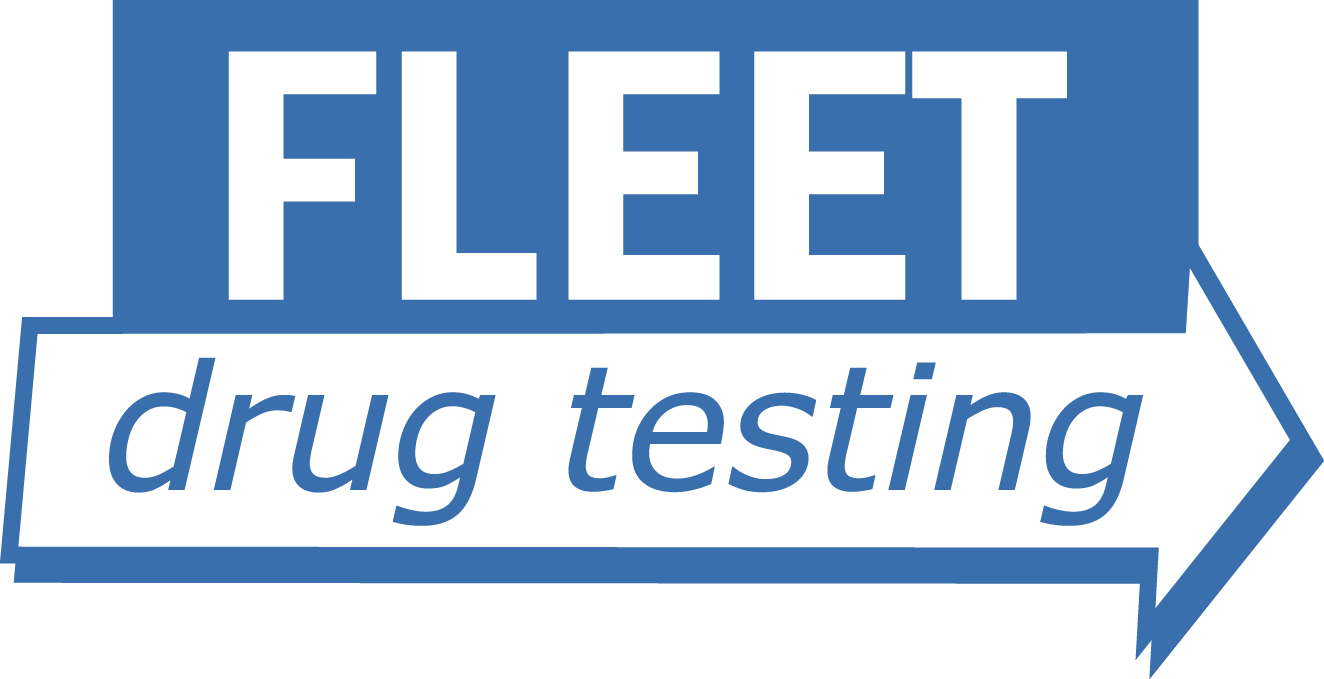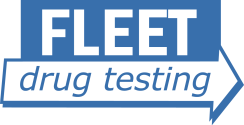Hawaii has a reputation for natural beauty and a laid back, relaxing attitude. But a key sector of Hawaii’s economy is transportation, transporting goods via road, air, and water. As part of this effort, the federal Department of Transportation has a number of rules and regulations employees must follow, none more important than the Drug and Alcohol Testing Program. Fleet Drug Testing has the solutions you need, and can help find testing locations near you, whether your route takes you through Honolulu, O’ahu, or the Big Island. Contact us today to get started or take a look at our other programs.
When Do You Get Drug Tested in Hawaii?
When it comes to working in Hawaii’s transportation industry, certain “safety-sensitive” employees have to follow the DOT’s drug testing program. This includes a number of different regulations, but sets testing intervals at the following points:
- Pre-employment testing – Before you get a job in a safety-sensitive role in transportation, you might need to take a drug test. The goal is to make sure you don’t have any banned substances in your system right from the beginning, to keep things safe.
- Post-accident testing – If there’s been an accident involving transportation, a drug test might happen afterward. The idea is to find out if drug use could have played a part in the accident, helping everyone understand what happened and why.
- Random testing – People in important safety jobs can be chosen for a random drug test at any time. This is done to discourage drug use by keeping it unpredictable, making the transportation sector safer.
- Reasonable suspicion testing – If there’s a good reason to believe you might be using drugs, you could be asked to take a test. This suspicion is often based on things like behavior or performance issues that make people worry about whether the person can do their job safely. Only a supervisor or Substance Abuse Professional (SAP) has the authority to request a reasonable suspicion test.
- Return to duty testing – If you’ve tested positive for drugs before, you will need to take another test before going back to work. This is to make sure you’re not still affected by prohibited substances and can do your job safely.
Each of these testing scenarios serves a specific purpose in maintaining a drug-free and safe environment within the transportation industry, prioritizing the well-being of employees and the public. DOT drug tests check for particular kinds of drugs like marijuana, cocaine, opiates, amphetamines, and phencyclidine (PCP).
Apart from drug testing, workers also get checked for alcohol at regular intervals, especially after an accident. It’s crucial to know that there are specific rules for individuals taking the tests and guidelines for employers, labs, Medical Review Officers (MROs), and others involved in the testing process.
Who is a Safety-Sensitive Employee?
While these DOT regulations are quite strict, they only apply to certain people within the transportation industry. Many of these are positions you might expect or even hold, like drivers. That said, who is considered a safety-sensitive employee has a variety of different applications throughout a typical company. Under this definition, a safety-sensitive employee is anyone with:
- Job responsibilities that have a direct impact on the safety of others.
As it relates specifically to you or your company, safety-sensitive employees include:
- Truck drivers
- Bus drivers
- Delivery drivers
- Commercial pilots
- Air traffic controllers
- Train operators
- Conductors
- Emergency medical technicians (EMTs)
- Crane operators
- Heavy equipment operators
- Police officers
- Firefighters
- Electrical lineworkers
- Gas and oil pipeline operators
- Nuclear reactor operators
- Radiation protection technicians
- Chemical process operators
- Hazardous materials handlers
- Machine operators in high-risk environments
If you hold one of these positions, you probably understand how important your overall health and well-being are to doing your job effectively. More to the point, though, it’s your responsibility to others that really solidifies the importance of complying with the DOT’s drug testing regulations.
Drug Testing Locations in Hawaii
Finding a convenient drug testing location in Hawaii involves more than just you reporting for testing; it’s about following the strict DOT regulations. Our team specializes in navigating this complexity, making sure that you have a nearby location that meets all these rules, providing accurate and prompt results.
Here’s what we look for:
- Certification – We verify that the facility is SAMHSA-certified and complies with all DOT drug testing requirements.
- Experience – We choose facilities with a proven track record in conducting various drug tests, including DOT tests.
- Reputation – Our team checks online reviews and seeks recommendations to assess the facility’s reputation based on others’ experiences.
- Convenience – We prioritize your convenience by finding locations close to your workplace or along your regular route.
- Testing methods – Our network of drug testing locations is well-versed in DOT-mandated testing methods, such as urine or saliva tests.
- Turnaround time – We evaluate how quickly the facility can provide test results, ensuring it aligns with your requirements.
- Confidentiality – Our team also locates facilities prioritizing your privacy, implementing measures to keep the confidentiality of test results.
While drug testing may seem daunting, it plays a crucial role in ensuring the safety of transportation workers and the public. In short, it’s something you have to do to keep your job. That’s why it’s important to remove the guesswork in finding and reporting for testing at certain locations.
Fleet Drug Testing Has the Solutions You Need in Hawaii
When you’re in Hawaii and require a DOT drug testing location, trust our skilled team at Fleet Drug Testing to help you. We offer full-service programs designed to maintain compliance with these regulations, making the process easier for both you and your employer. Our network has certified drug testing locations strategically located throughout Hawaii, so you can focus on keeping things moving. To get started or learn more about our programs, contact us today.

